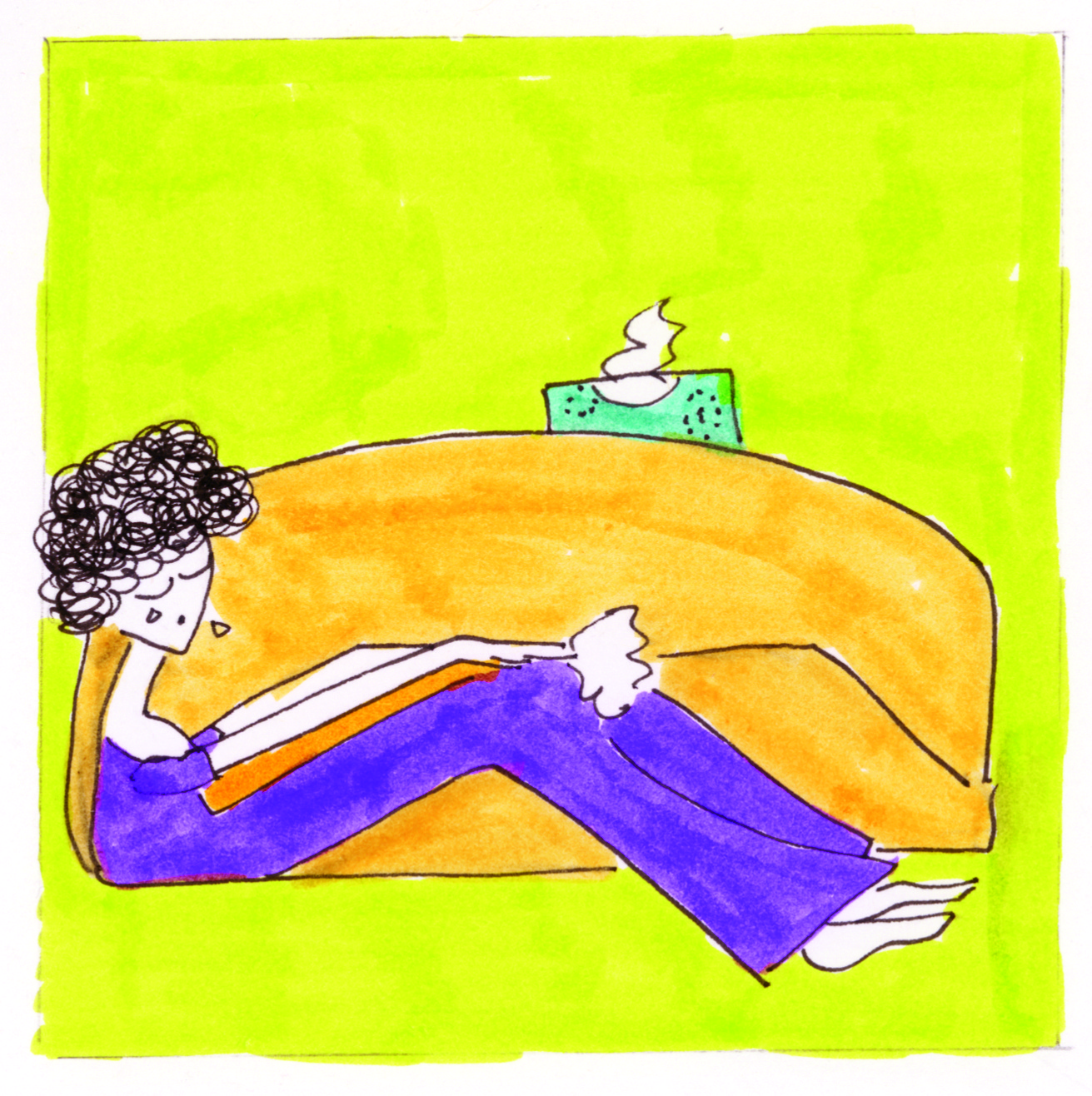
Analyze THIS
Why Do Therapy and Jewish Women Go Together?
“Don’t Worry…I’m Holding Your Story”
Anonymous, social worker, Los Angeles*
I have a Jewish client going through chemo, young like me, she is horribly miserable; a butch dyke.
We have a shorthand for making fun of her mother that feels Jewish. Her mother tells her, “You have to get a wig! You have to get a wig! You can’t walk around bald, drawing attention!” Sometimes she comes in bald, sometimes with a hat. I’m like, “What a relief you got a hat so you don’t draw attention.” She feels known and seen in the same intimate way she’s so unknown and unseen.
Growing up, my family dealt with secrets in this complex way that I think of as very Jewish. Everybody knows that Uncle Lou is a ____. We’re going to talk about it, and we’ll talk about it being a secret, and we’ll not talk about it at all, and we’ll not talk about it yet — all at the same time. There aren’t secrets, okay there’s a secret!! I think this comfort with simultaneity lets me, in therapy, shine a light on something and then say okay I can walk around this thing with you for a little while, we can jump all over it, ignore it…. It’s all okay.
To me, Judaism is story after story — the Purim story, the coat of many colors, Jonah in the whale. It’s about this most important job of telling the stories again and again, of holding them so they don’t get lost. Therapy is also about being that person to hold the stories, and the memory; this is the most precious thing. L’dor vah’dor, holding memory for the generations: “I’ve still got this whole thing! Don’t worry! I promise we’re not going to lose it.” Holding a client’s stories for her, holding a client’s memories, feels so Jewish, and if we’re holding it all securely…we can change it. That’s my experience of therapy, and of being Jewish.
I go to a queer synagogue where most of us do Judaism differently from how we grew up, a lot of us came here from the East Coast. Our havurah came to my family’s sukkah, and the way that we built the sukkah and used the sukkah, it was spiritually very different. My Jewishness feels so secure that I can change it.
A lot of Jewish female therapists I know have this tikkun olam idea of changing the world one-person-at-a-time, while men are so, “We’ve got a new theory.” My grandparents were very philanthropic. “Did I find a bargain,” my grandfather in Florida would say. “One dollar each for these stuffed animals, so I bought the whole thing and brought 10 bags over to the hospital!” That combination feels so Jewish to me: the bargain, the unself-conscious generosity, the always thinking about who you can heal.


